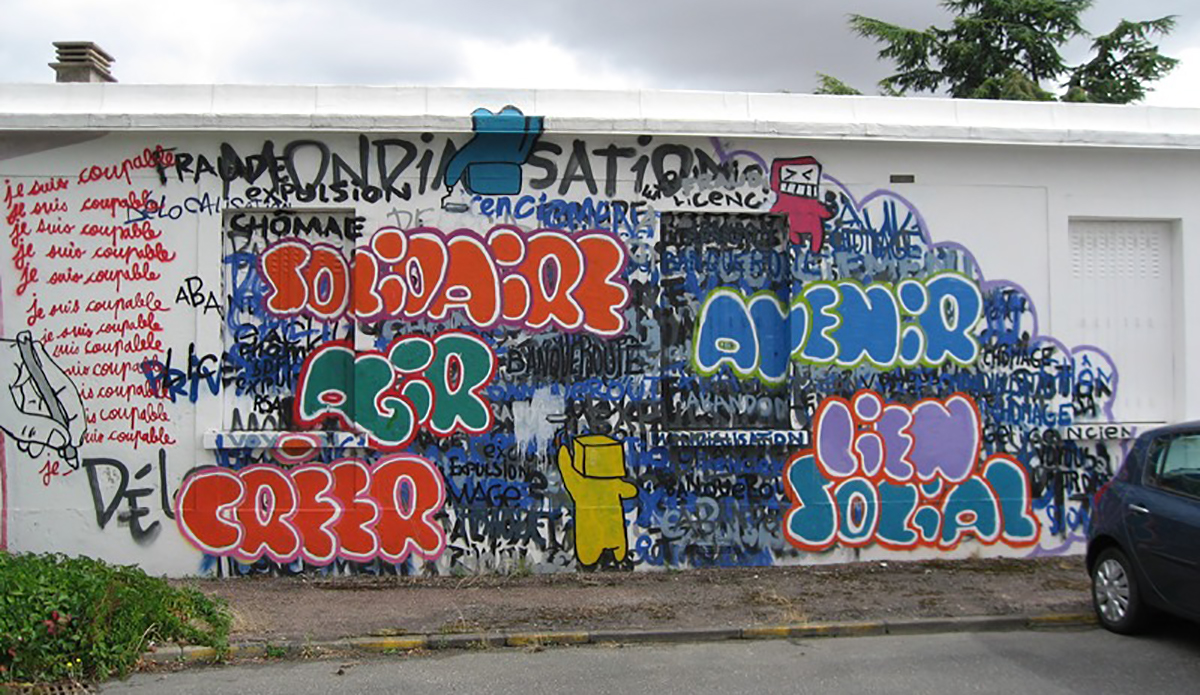(2025-2027)
The Working-Class Expression initiative will showcase and reflect on sources of knowledge from below that offer an alternative to dominant narratives about deindustrialization. It will bring together a collection of original working-class writing and photographic sources that illuminate the legacies of deindustrialization. Industrial decline has sparked widespread reflection on the part of displaced workers and, perhaps more importantly their children and increasingly grandchildren. Here we aim to collect autobiographical writing and visual expression on industrial change from across the project sites. We will consider why workers have written about their former lives and what meanings they attach to visual and material objects collected from industrial labour. A feature of such working-class writings is that they rarely circulate internationally – they are often published by small local presses, for example, while studies or archives of such writings have tended to remain within national boundaries. One of the key contributions of this initiative will be to make such material available across linguistic boundaries through translation and to bring it into a transnational framework of analysis.
Co-Investigators:
Affiliates:
- Alessandro Ponsi
- Alexandrina Vanke
- Amber Ward
- Aparna Das
- Christoph Schaub
- Edda Nicholson
- Èlia Casals-Alsina
- Evinç Doğan
- Florence Darveau Routhier
- Indranil Chakraborty
- James Ferns
- Jennifer Vanderpool
- Joshua Daniels
- Katarzyna Nogueira
- Kate Wilson
- Leonardo Bevilacqua
- Lois Kalb
- Marcelo Becera-Parra
- Maria Esparanza Rock-Núñez
- María Paz Cid-Alarcon
- Marion Henry
- Melissa Meade
- Michael Bianchi
- Monika Glosowitz
- Naomi Petropoulos
- Nina Vodopivec
- Nora Küttel
- Paul Barnsley
- Paula Fernandez Alvarez
- Peter Thompson
- Philip Rich
- Rebecca Alexander
- Rose Feinte
- Ruth Barton
- Sabine Hake
- Sinead Burns
- Thomas Wilson
- Tom Crompton
- Ute Eickelkamp
- Victoria Allen
- Wen Xie
- Zoe Konsbruck



